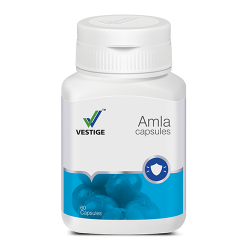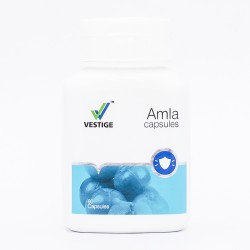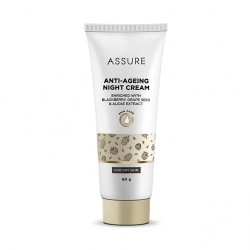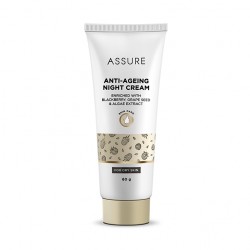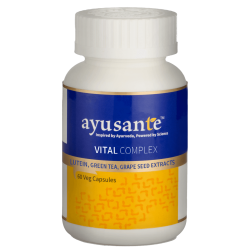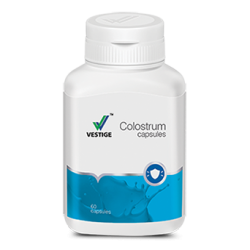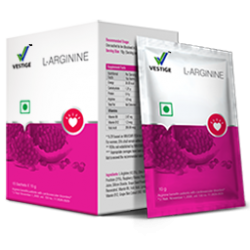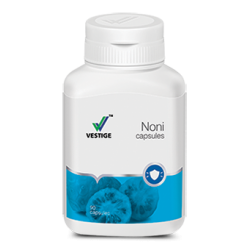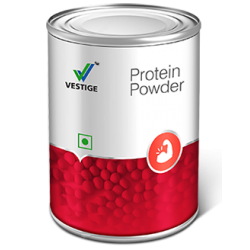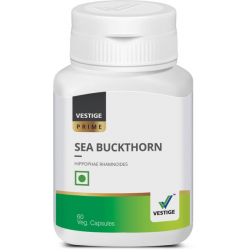Anti aging

Skin aging is a part of a natural human “aging mosaic” which becomes evident and follows different trajectories in different organs, tissues and cells with time. While the aging signs of internal organs are masked from the ambient “eyes,” the skin provides first obvious marks of the passing time.
Skin aging is a complex biological process influenced by combination of endogenous or intrinsic (genetics, cellular metabolism, hormone and metabolic processes) and exogenous or extrinsic (chronic light exposure, pollution, ionizing radiation, chemicals, toxins) factors.
Many things cause our skin to age. Some things we cannot do anything about; others we can influence.
One thing that we cannot change is the natural aging process. It plays a key role. With time, we all get visible lines on our face. It is natural for our face to lose some of its youthful fullness. We notice our skin becoming thinner and drier. Our genes largely control when these changes occur. The medical term for this type of aging is “intrinsic aging.”
We can influence another type of aging that affects our skin. Our environment and lifestyle choices can cause our skin to age prematurely. The medical term for this type of aging is “extrinsic aging.” By taking some preventive actions, we can slow the effects that this type of aging has on our skin.
11 ways to reduce premature skin agingThe sun plays a major role in prematurely aging our skin. Other things that we do also can age our skin more quickly than it naturally would. To help their patients prevent premature skin aging, dermatologists offer their patients the following tips.
Protect your skin from the sun every day. Whether spending a day at the beach or running errands, sun protection is essential. You can protect your skin by seeking shade, covering up with clothing, and using sunscreen that is broad-spectrum, SPF 30 (or higher), and water-resistant. You should apply sunscreen every day to all skin that is not covered by clothing.
Apply self-tanner rather than get a tan. Every time you get a tan, you prematurely age your skin. This holds true if you get a tan from the sun, a tanning bed, or other indoor tanning equipment. All emit harmful UV rays that accelerate how quickly your skin ages.
If you smoke, stop. Smoking greatly speeds up how quickly skin ages. It causes wrinkles and a dull, sallow complexion.
Avoid repetitive facial expressions. When you make a facial expression, you contract the underlying muscles. If you repeatedly contract the same muscles for many years, these lines become permanent. Wearing sunglasses can help reduce lines caused by squinting.
Eat a healthy, well-balanced diet. Findings from a few studies suggest that eating plenty of fresh fruits and vegetables may help prevent damage that leads to premature skin aging. Findings from research studies also suggest that a diet containing lots of sugar or other refined carbohydrates can accelerate aging.
Drink less alcohol. Alcohol is rough on the skin. It dehydrates the skin, and in time, damages the skin. This can make us look older.
Exercise most days of the week. Findings from a few studies suggest that moderate exercise can improve circulation and boost the immune system. This, in turn, may give the skin a more-youthful appearance.
Cleanse your skin gently. Scrubbing your skin clean can irritate your skin. Irritating your skin accelerates skin aging. Gentle washing helps to remove pollution, makeup, and other substances without irritating your skin.
Wash your face twice a day and after sweating heavily. Perspiration, especially when wearing a hat or helmet, irritates the skin, so you want to wash your skin as soon as possible after sweating.
Apply a facial moisturizer every day. Moisturizer traps water in our skin, giving it a more youthful appearance.
Stop using skin care products that sting or burn. When your skin burns or stings, it means your skin is irritated. Irritating your skin can make it look older.

